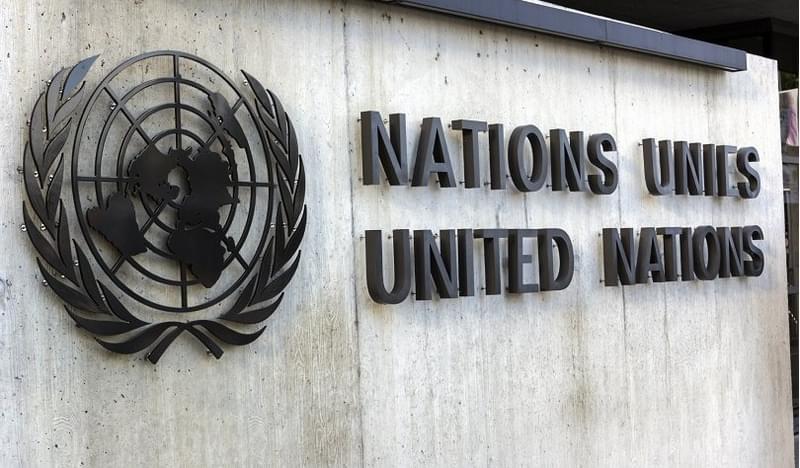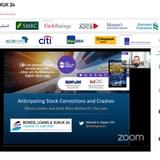Standard & Poor’s Ratings Services has said that the core principles of Islamic financing position it well for playing a more substantial role in the UN’s sustainable development goals (SDGs).
According to S&P, Islamic financing rules match the UN’s SDGs in certain sectors. The ratings agency stated that Sharia compliant financing requires underlying assets to make repayments, which makes them ideal for funding infrastructure projects that is a UN SDG.
Furthermore, S&P also noted that Sharia law forbids investment in the weapons and armaments sector, which is closely tied to an SDG that aims to promote peaceful and inclusive societies, and that the profit and loss sharing principle could contribute to an SDG to reduce inequality and lessen the negative impact of economic swings.
However, at present the sector still forms just a tiny subset of the broader funding marketplace.
“It is too early, and now is not the right time,” said Ali Wahab, Assistant Vice President of Investment Banking at Sharjah Islamic Bank.
Wahab said amid current global volatility, the Islamic financing market would struggle to prosper unless it was first established on fully commercial terms. “The target of the sector is to reach a sustainable level,” he added.
The ratings agency added that in the near future the Islamic financing industry’s contribution would be small due to the relatively small size of the Sharia compliant financing sector in comparison to the wider financial system.
Wahab noted that the industry was still very nascent. Sukuk issuance for 2016 is expected at between US$50bn and US$55bn.
According to S&P, SDGs also aim to end poverty, and although they can be funded through concessional loans from Multilateral Lending Institutions (MLIs), Islamic financing has its own forms of funding that operate in a similar way, such as the Qard Hassan, Zakat and Waqf forms of concessional lending.
The ratings agency said that MLIs could soon increase the use of Islamic finance due to some of the similarities between Sharia compliant financing and the SDGs which they already help fund. It also added that Islamic financing opportunities could provide MLIs with the chance to diversify their funding, and noted that it expects to see increased sukuk issuance from MLIs globally in the near future.
S&P noted that reducing the timeframe for tendering and improving the standardisation of sukuk would aid a rise in their issuance in the future.









